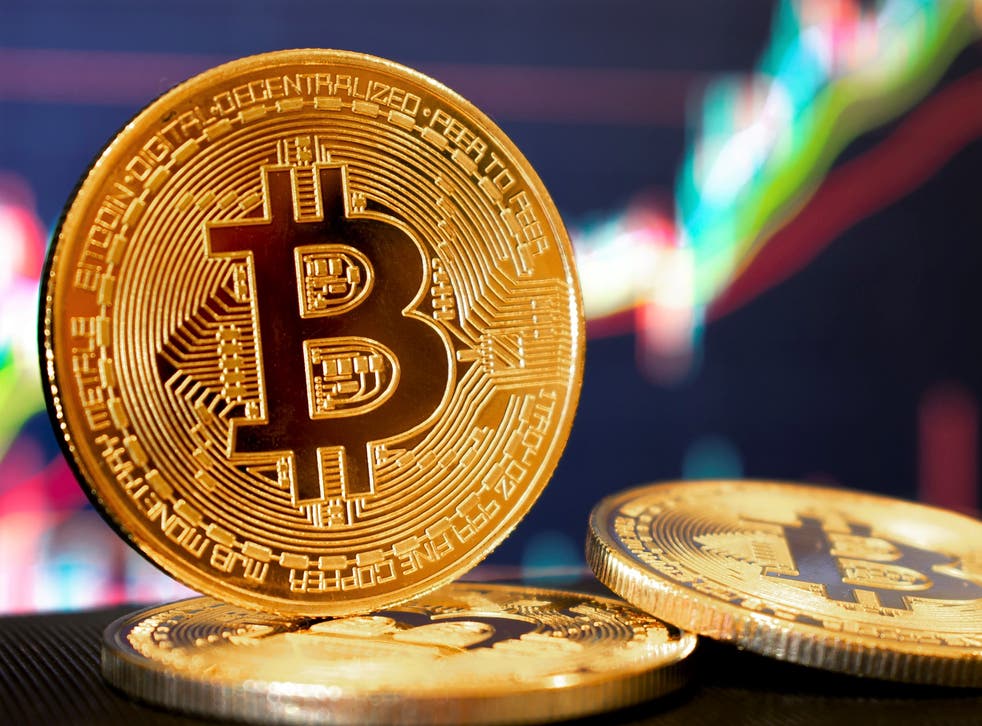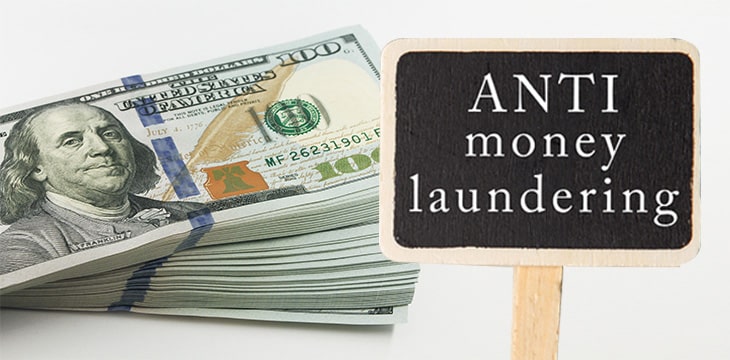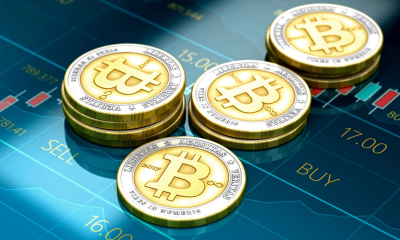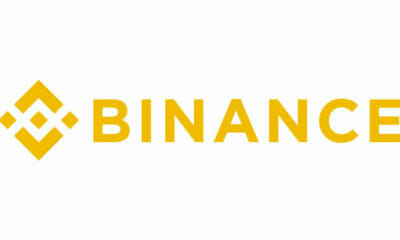Bitcoin
Bitcoin Is Skyrocketing As Investors Panic About Coronavirus
Adoption
CryptoBase Report: January 25, 2025

1. SEC Opens Door for Banks to Hold Crypto Assets
In a significant policy shift, the U.S. Securities and Exchange Commission (SEC) has overturned previous guidance that treated digital tokens as liabilities on bank balance sheets. This change is expected to facilitate banks in offering cryptocurrency custody services without facing financial penalties, signaling a more welcoming approach to the digital asset sector under President Donald Trump’s administration.
2. Ledger Co-Founder Kidnapped in France
David Balland, co-founder of French cryptocurrency firm Ledger, was kidnapped by an armed gang demanding a €10 million ransom. During the 24-hour ordeal, Balland suffered severe injuries before being rescued by elite police forces. Ten suspects have been arrested, though the gang leaders remain at large. This incident highlights the increasing security risks faced by individuals in the cryptocurrency industry.
3. Trump’s Executive Order Boosts Crypto Market
President Donald Trump has issued an executive order titled “Strengthening American Leadership in Digital Financial Technology,” aiming to regulate and promote the cryptocurrency sector. The order establishes a Presidential Task Force on Digital Asset Markets to develop a federal framework for digital asset trading and explore creating a national reserve of digital assets. This move is seen as a significant shift toward a more crypto-friendly regulatory environment.
4. Andreessen Horowitz Refocuses Crypto Investments to U.S.
Venture capital firm Andreessen Horowitz is closing its London office and pulling back from UK crypto investments, refocusing on the U.S. market following President Trump’s election. The firm cited the new administration’s supportive stance on crypto as a reason for the shift. Founders Marc Andreessen and Ben Horowitz are advising Trump on technology policy, aligning with his administration’s approach to light-touch crypto regulation.
5. Market Reaction to Trump’s Crypto Policies
The cryptocurrency market experienced a dip following President Trump’s initial policy decisions, which included the creation of a task force to propose new crypto regulations and consider a U.S. cryptocurrency reserve. Bitcoin steadied at around $105,000, reflecting a tempered response to potential regulatory changes. Additionally, Trump-related cryptocurrencies like the $TRUMP token saw a significant drop in value, raising ethical concerns and prompting inquiries from Democratic lawmakers.
Closing Summary
The past 48 hours have seen significant developments in the cryptocurrency landscape, driven largely by policy shifts under President Trump’s administration. While regulatory changes signal a more crypto-friendly environment, the market’s response has been mixed, with notable fluctuations in asset values. Security concerns have also come to the forefront, underscoring the need for vigilance in this evolving sector.
Bitcoin
Only 1.3 million Bitcoin are left in circulation on cryptocurrency exchanges!
Christmas is coming, and Bitcoin (BTC) scarcity is at historically low levels. CryptoRank announced in a recent tweet that just 6.3% of the overall Bitcoin supply, or 1.3 million BTC, are kept on cryptocurrency exchanges.
The decreasing amount is nothing new; it’s been steadily declining since the Bitcoin halving in 2020, when the BTC block reward was cut in half. The supply of BTC on exchanges has also decreased gradually over the past year, trending downward. On October 2020, exchange wallets made up 9.5% of the BTC supply, just before the all-time highs at Christmas time, and 7.3% in July 2019. In December 2021, the 6.3 percent figure is a record low.
However, the dominance of Coinbase’s BTC wallet is also falling. The American exchange used to store more bitcoin than all other exchanges combined. Over the past year, its domination has decreased from 50.52% to 40.65%.
Following a spate of good price statistics that tie into the rising price of Bitcoin, the announcement has sparked further excitement among investors. First and foremost, owing to the fact that BTC output is shifting from a “liquid” to an “illiquid” state, monthly BTC production has frozen at 100,000 BTC. In other words, more BTC is stored in cold storage than is being mined.
Additionally, it’s crucial to remember that many retail investors and several firms keep their BTC on exchanges, demonstrating that the “illiquid” BTC category may be even smaller. Instead of keeping their BTC in cold storage, some Bitcoin holders would entrust it to exchanges instead of leaving custody of their keys with them.
Surprisingly, Binance CEO and co-founder Changpeng Zhao has encouraged hot wallets, despite the best efforts of Bitcoiners like Andreas Antonopolous to the contrary: “Not your keys, not your bitcoin.” is part of everyday BTC mantra.
This may lead to the situation in which 1.3 million BTC is “stored” on exchanges, but they are not “circulating,” and they certainly do not contribute to the liquidity problem.
Despite calls for a “Santa Rally” on the back of strong analytics, the bears are not yet out of the woods. A tweet from BullRun Invest using Glassnode data showed that 24.6% of all BTC supply is sitting above $47,000.
According to the report, close to a fourth of the BTC purchased at those prices levels are now underwater. If BTC fails to make progress into the 50s, there may be fewer gifts under the tree tomorrow.
Banking
U.S. Takes Crypto Crime Seriously with Anti-Money Laundering Reforms

The United States passed into law its Anti-Money Laundering Act of 2020, which takes effect on January 1, 2021. This brings digital currency exchange companies and other digital-asset-related businesses under the scope of regulations of the Bank Secrecy Act (BSA), which requires financial institutions “to actively detect, monitor and report potential money laundering activity.”
“I’m pleased that our anti-money laundering legislation was included as a part of this year’s [National Defense Authorization Act]. This bipartisan legislation protects Americans by depriving criminals and terrorists of the tools they use to finance illicit activity. It is the first serious overhaul of our anti-money laundering system in decades, and it makes sense to include it in the biggest, most important national defense legislation Congress passes each year,” South Dakota Sen. Mike Rounds said in a press release.
The massive anti-money laundering reforms are targeting businesses dealing with digital currencies and assets by clearly specifying the definition of a “financial institution” to “‘a business engaged in the exchange of currency, funds, or value that substitutes for currency or funds” and “a licensed sender of money or any other person who engages as a business in the transmission of funds or value that substitutes for currency.”
The reforms further define a “money transmitting business” to include those who deal with “currency, funds, or value that substitutes for currency.” Now, there are no longer loopholes that digital asset companies can use when dealing with the Financial Crimes Enforcement Network (FinCEN), the agency that enforces the BSA.
Stricter Penalties Enforced
Aside from updating definitions to ensure that digital currency exchange firms and others dealing in digital assets are clearly within the scope of the AML Act of 2020 and the BSA, stricter penalties are now being enforced for crypto criminals.
Now, those who have been found guilty of violating the AML Act of 2020 and/or BSA are faced with fines amounting to profits earned while committing the violation and possible jail time. Those guilty of an “egregious” breach are also going to be banned from taking a board member position of any financial institution in the country for 10 years. Furthermore, employees of financial institutions who commit these crimes will be obligated to return to their employer all bonuses received during the time the act was committed.
FinCEN is being given additional resources, like increasing its manpower, to ensure the enforcement of these reforms. This will further safeguard investors against crypto crimes and nail down digital currency exchange firms and other digital-asset-related businesses that do not comply with BSA regulations.


















